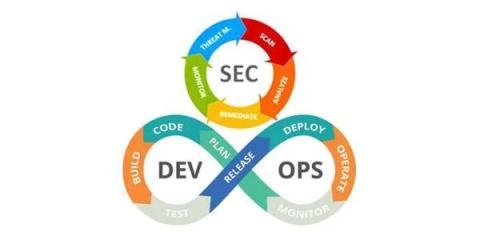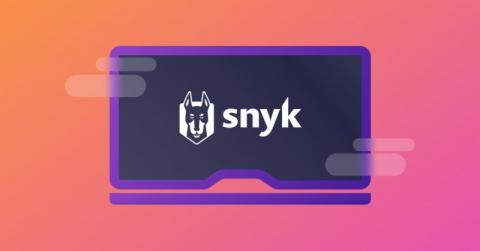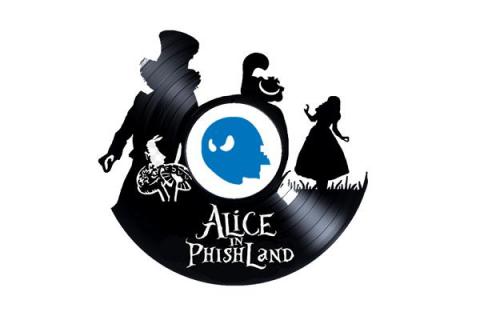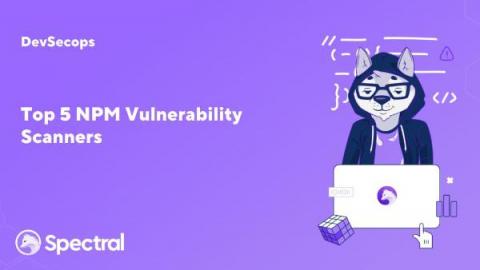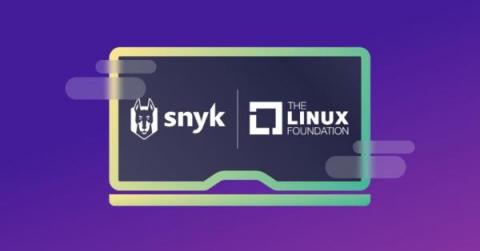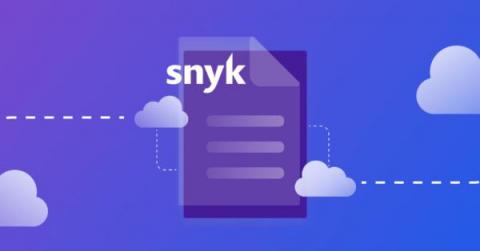Security | Threat Detection | Cyberattacks | DevSecOps | Compliance
Latest News
A CISO's Guide to Container Security: Understanding Vulnerabilities & Best Practices
Companies are introducing new apps and services to enable remote work, improve supply chains and handle disruptions caused by the pandemic. Our digital-first world thrives on speed and efficiency, and containers play a huge part in getting applications up and running quickly. Though containers offer many advantages over traditional virtualization, they also introduce significant security risks.
Cisco Nexus Dashboard Vulnerabilities: CVE-2022-20857, CVE-2022-20858 and CVE-2022-20861
5 Essential Skills to Become a DevSecOps Engineer
Security has become increasingly integrated with software development over the last few years, and the software industry needed a new role to own secure software development processes. As a result, DevSecOps Engineer role has emerged and gained popularity in the last decade. DevSecOps is the abbreviation of three words; Development, security, and operations, and it aims to develop applications more securely in the software development life cycle (SDLC).
Webinar recap: Snyk and the new era of software security
Snyk’s Senior Product Marketing Manager, Frank Fischer, recently hosted a webinar about the value in using a developer security platform to secure code, dependencies, containers, and infrastructure as code (IaC). During this talk, Fischer discussed the shift in software security that has occurred over the past decade, the need for developers to take part in the security process, and the value of Snyk in securing the entire development lifecycle.
Phishing: Better Proxy than Story
In the last phishing blog we discussed how modern phishing works on the frontend. Read on to find out how threat actors can easily find and authenticate a suitable domain by modifying both Gophish and Evilginx to evade security controls In the last phishing blog we discussed how modern phishing works on the frontend. Here we go behind the scenes to dissect how to configure and authenticate a good domain for your phishing campaign using Apache as Reverse Proxy. Excited? You caught the hook, read on!
Top 5 NPM Vulnerability Scanners
The world of software development has been rocked by JavaScript. With nearly every modern web app making extensive use of JavaScript on the front end. And with JavaScript’s popularity also on the backend with Node.js, it’s hardly surprising that new vulnerabilities are emerging daily, given the sheer volume of open source project dependencies being used by JavaScript developers. The culprit? It all comes down to the free-ware NPM packages installed within Node.js.
Addressing cybersecurity challenges in open source software with the Linux Foundation
Snyk recently partnered with the Linux Foundation to produce a report focusing on the state of security in the open source software (OSS) space. The report was based on 550+ survey responses and 15 interviews with OSS maintenance and cybersecurity experts. Following the report’s publication, experts from Snyk held a webinar with the Linux Foundation to discuss some of the key insights.
CVE-2022-26136 & CVE-2022-26137 - Multiple Critical Vulnerabilities in Atlassian Products
Webinar recap: The missing story with every cloud breach
Snyk’s Chief Architect, Josh Stella, recently hosted a webinar about cloud security. Stella was the co-founder and CEO of Fugue, a cloud security and compliance company that was acquired by Snyk. With the capabilities of Fugue, Snyk will bring its developer-first security platform into the cloud security space. During this talk, Stella discussed the missing story in every cloud breach: the tale of how, when, and where attackers operate in the cloud.





